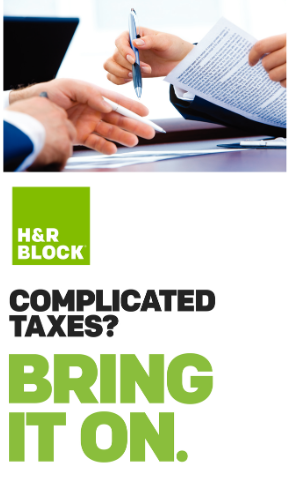
The Top Myths about Credit Repair Debunked
05/20/2024
Unlocking the potential of your credit score is like finding a hidden treasure chest. It holds the key to financial freedom, opening doors to better interest rates, loans, and opportunities. But what happens when that key is a little rusty? That’s where credit repair comes in. Unfortunately, there are countless myths swirling around this essential process that can leave you feeling confused and skeptical. Fear not! We’re here to debunk those misconceptions and shed light on the truth behind credit repair. If you are interested on undergoing credit repair, you should read about Credit Repair Payment Processing. So grab your magnifying glass as we dispel these top myths one by one.
Credit Repair Is Illegal or Unethical
Many people believe that credit repair is a shady practice, bordering on illegal or unethical. However, this couldn’t be further from the truth. Credit repair companies operate within the boundaries of the law and are regulated by federal agencies such as the Consumer Financial Protection Bureau (CFPB). These organizations ensure that credit repair services adhere to strict guidelines and ethical standards. Credit repair is not about magically erasing negative information or manipulating your credit history unlawfully. It’s about identifying errors, inaccuracies, or outdated information on your credit report and working towards resolving them through legitimate means. This may involve disputing inaccurate entries with creditors or credit bureaus and providing supporting documentation to substantiate your claims.
Credit Repair Can Magically Erase Negative Information
One of the top myths surrounding credit repair is the belief that it can magically erase negative information from your credit report. This misconception often leads people to seek out quick-fix solutions or fall for scams promising unrealistic results. In reality, credit repair is not a magical process. It involves a strategic and systematic approach to improving your creditworthiness over time. While it is possible to have inaccurate or outdated information removed from your report through legitimate means, simply wishing away negative marks without valid reasons will not work. Negative information on your credit report, such as late payments or collections accounts, generally cannot be erased unless they are inaccurate or unverifiable. Credit bureaus are required by law to maintain accurate records of consumers’ credit histories.

Credit Repair Is a Quick Fix
One common myth about credit repair is that it offers a quick fix to your credit problems. Many people believe that with just a few simple steps, they can magically improve their credit score overnight. Unfortunately, this is far from the truth. Credit repair is not a quick fix solution. It takes time and effort to rebuild your credit history and improve your score. There are no shortcuts or instant solutions when it comes to repairing your credit. It’s important to understand that negative information on your credit report doesn’t disappear overnight.
Credit Repair Guarantees a Certain Credit Score Increase
One of the most common myths surrounding credit repair is that it guarantees a certain credit score increase. While credit repair can certainly improve your creditworthiness, it’s important to understand that there are no guarantees when it comes to specific score increases. Improving your credit score involves a variety of factors, including payment history, debt utilization ratio, length of credit history, and types of accounts. A reputable credit repair company can help you identify errors on your report and navigate the dispute process. They may also provide guidance on building positive financial habits and managing debts effectively. However, it’s crucial to remember that any legitimate improvement in your score will take time and effort. It won’t happen overnight or with just one letter disputing an error. Patience is key when working towards better credit health.
So don’t be discouraged by the misconceptions surrounding credit repair – educate yourself, take action where necessary, and stay committed to building positive financial habits. With time and effort on your part, you can achieve better financial health and enjoy the benefits of an improved credit score. We hope that you have found this blog post helpful.



